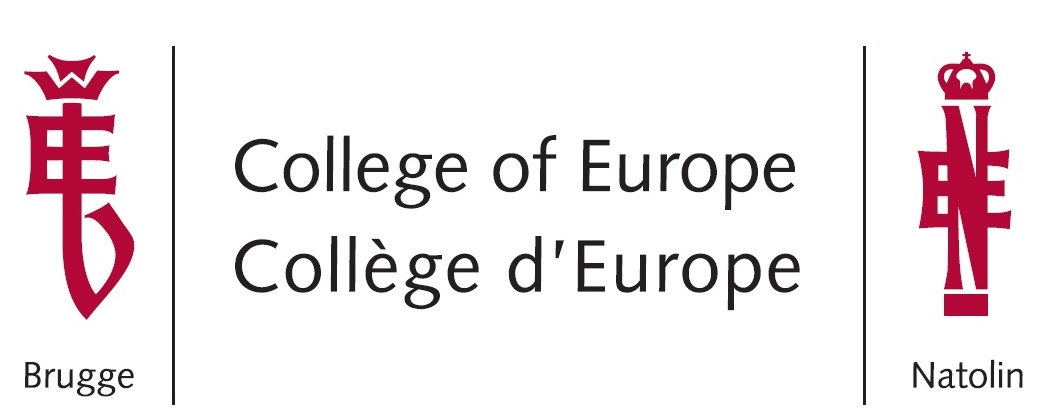With hundreds of companies all over the EU, FinTech is developing fast. But what are the factors driving its development? A well-developed capital market industry with alternative sources of financing, a well-developed technological infrastructure and a flexible and transparent regulatory environment as well as institutions that enhance innovation are the answers, according to London School of Economics Master students working under a Capstone research project led by the European Investment Fund (EIF) and presented in April 2020.
FinTech formation is also negatively associated with a strong traditional banking sector, the research found out. A skilled and competent labour force and business-friendly policies that promote entrepreneurial activities play a more neutral role.
These results lead to three main policy recommendations: develop the local environment’s innovative capacity via fiscal and public incentives for R&D investment, enhance the institutional landscape through innovative regulation, and expand available financing for FinTech and strengthen financial market conditions.
However, further research would be needed for a sub-sectoral analysis of FinTech firms or to go beyond country level both at sub (cities) and supra (EU wide) national levels.
The project, the fifth conducted by the EIF with students from the LSE’s Master of Public Administration, builds upon the first comprehensive EU Fintech database developed last year by LSE students and identifying four key countries for FinTech in the EU and all in the North of Europe, Germany, the Netherlands, the UK and Sweden.
Click here for the presentation.






